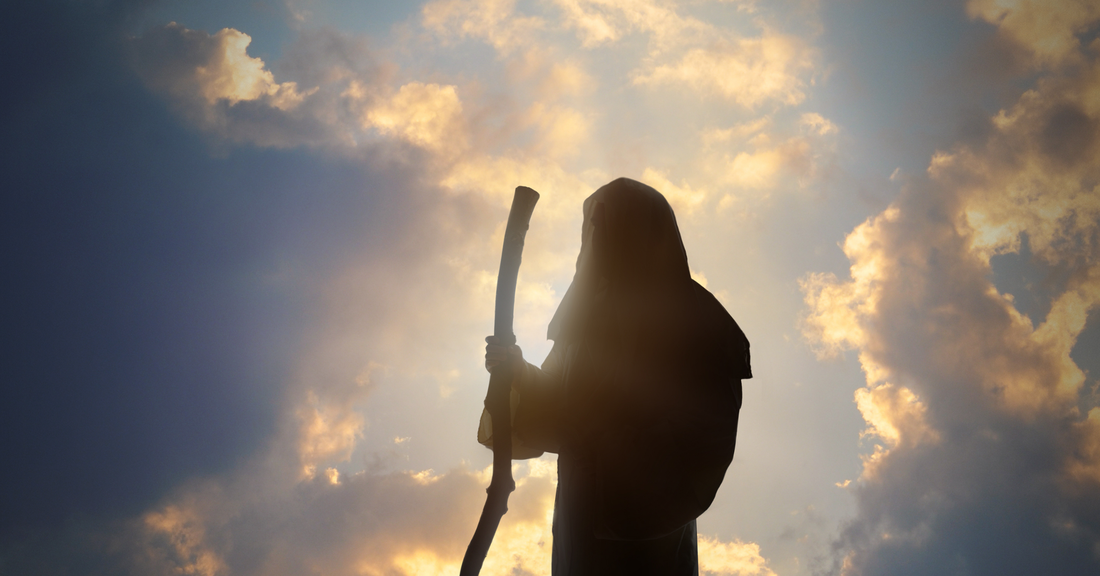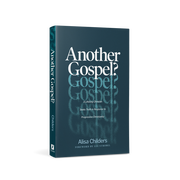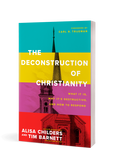|
(To read these posts in order from the beginning, start here.)
Read Hosea 1:8-11 More than a thousand years before Hosea, there lived a nomadic farmer who was out in the middle of nowhere minding his own business when God started speaking to him. And what God said wasn’t easy. God put Abraham through a grueling test of faith by asking him to slaughter his only son on an altar of wood. This was set to take place at a location that would eventually become the site of the first Israelite temple. Abraham passed God’s test, although God intervened in the last second and refused to let him go through with it. First of all human sacrifice was forbidden by God, as Abraham’s descendants would find out. (Lev. 20: 2-5) So there’s that. But all of this business came about because God was making a much bigger point. No mere human could ever be an acceptable sacrifice. One day, God would provide for himself a sacrifice. More than two thousand years after this incident, John the Baptist would lay eyes on Jesus and declared: “Behold, the Lamb of God, who takes away the sin of the world!” (John 1:29) Remember this idea from the last post? --> God keeps his promises.
Okay, let’s rewind back to Abraham. As part of his divine salvation plan, God promised him:
Because you have done this and have not withheld your son, your only son, I will surely bless you, and I will surely multiply your offspring as the stars of heaven and as the sand that is on the seashore. (Gen. 22: 16-17)
Hang on to that and we’ll swing back around.
The last post left us with quite a depressing cliffhanger for the Northern Kingdom (Israel), but there is a glimmer of hope for the South (Judah). Let’s find out what happens with Hosea and Gomer’s third child, a son.
Sidenote: I thought about combining the names of Hosea and Gomer into a celebrity-type mashup, but “Gomea” doesn’t really work, and “Hoser” is just terrible. Speaking of terrible names (how’s that for a transition?), about three years after No Mercy was born, HoGo (no that doesn’t work either) welcomes Not My People into the world. The reason? God says, “For you are not my people and I am not your God.”
And then out of nowhere, the curtain on this dark and terrifying scene is suddenly and radically lifted. With no warning or transition, God reaffirms to Israel the promise he made to Abraham all those years ago: “Yet the number of the children of Israel shall be like the sand of the sea…” WOW! Then God vows that Israel (in the north) and Judah (in the south) will be gathered together.
With Israel ceasing to be a nation in 722 BC, and the population being mixed up and scattered, how will this “gathering together” be possible? To put it simply, it would take a miracle.
But let’s revisit a common theme in Hosea for a moment <-- God keeps his promises.
In a breathtaking reversal, Hosea prophecies restoration to Israel through all three names of Hosea’s children. Where there was a pronouncement of judgment, now there would be grace. First up: Not My People “And in the place where it was said to them, You are not my people,’ it shall be said to them, ‘Children of the living God.’” Up next: Jezreel Remember — Jezreel can mean to scatter (like throw out) or to scatter (like sow seed and plant). Hosea prophecies: “And they shall go up from the land, for great shall be the day of Jezreel.” What was scattered and rejected will now be gathered and planted. Finally: No Mercy “Say to your brothers, ‘You are my people,’ and to your sisters, ‘You have received mercy.’” If we skip ahead to the end of the next chapter, we’ll see God gloriously declare: I will answer the heavens, and they shall answer the earth, and the earth shall answer the grain, the wine, and the oil, and they shall answer Jezreel, and I will sow her for myself in the land. And I will have mercy on No Mercy, and I will say to Not My People, "You are my people"; and he shall say, "You are my God." (ch. 2:21) But it’ll be a dark journey getting there. God has set the scene for his enduring faithfulness, but we’re not out of the woods yet. In the next post, we’ll zoom in to learn more about how God feels about Israel’s unfaithfulness, and the punishment they deserve. This is the prayer I am praying as I study this section:
1 Comment
Robert Douglas
2/19/2022 12:16:33 pm
Jesus came to be the last sacrifice, that is true. He also said to "follow me." People have been self-sacrificing ever since we left God because we think that is how we make up for sin. It's a way of dying in payment for sin. Thinking we are of the earth, we think the world is what is hurting us. We get sick from germs. Other people make us suffer, not ourselves. But we are masters of our own world, What we ask for is what we receive, even if the asking is becomes unconscious.
Reply
Your comment will be posted after it is approved.
Leave a Reply. |



 RSS Feed
RSS Feed


